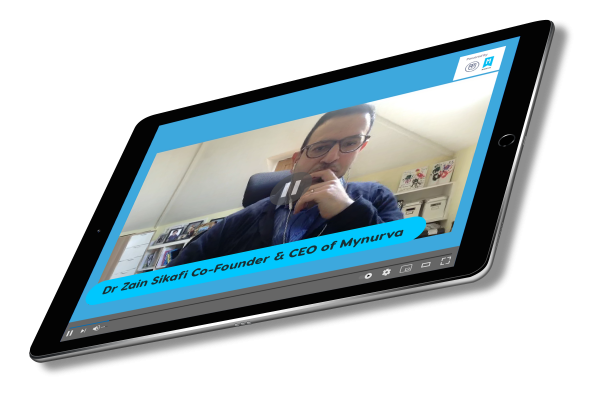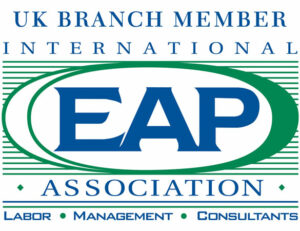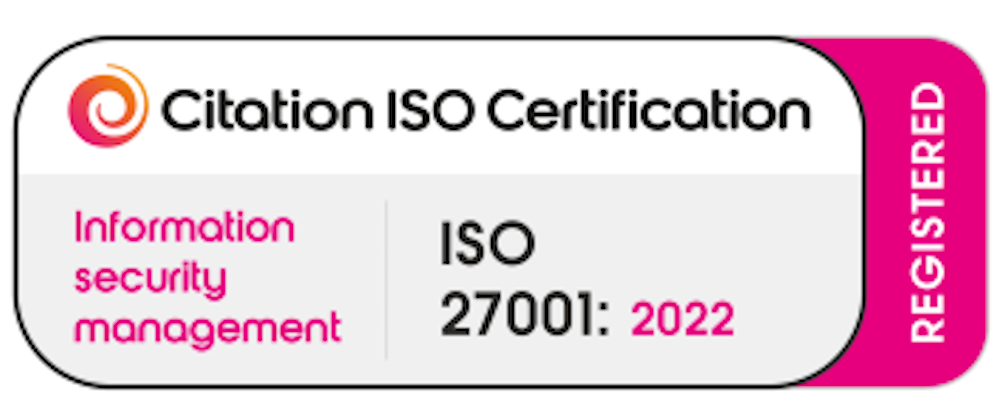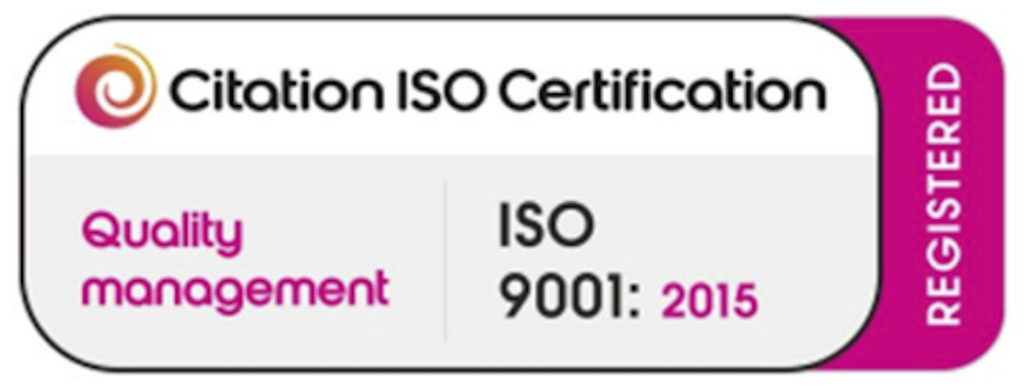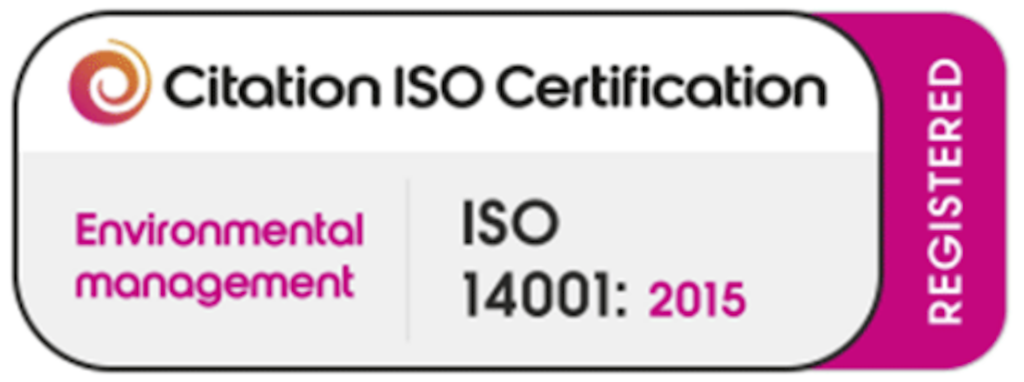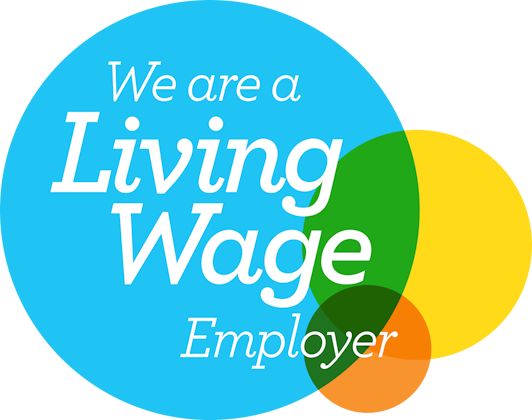The Teacher Empowerment Project and Mightify joined forces to bring you the Frontline Fulfilment event. This event openly discussed suicide prevention for frontline staff operating within the emergency services and education sectors. Our CEO and Co-Founder Dr. Zain Sikafi demonstrated his passion for mental health by joining a panel of guest speakers.
This live event set out solutions and ideas that would help frontline staff get the support they need when coping with the ongoing COVID-19 pandemic. The First topic under discussion was about social stigma and how it’s one of the biggest barriers for frontline professionals when trying to find treatment for poor mental health.
Often frontline staff may find it difficult to open up, as they feel there is a strong social stigma attached to suffering from poor mental health, as some may experience discrimination.
The ongoing Stigmatisation can also worsen mental health problems and delay the necessary treatment for recovery. In many cases, frontline working professionals feel discriminated against in today’s society as they feel it will negatively impact their careers.
As well as stigmation regarding mental health, an extremely important point that was brought up in conversation, was about reaching out to frontline staff that has ongoing occupational hazards that can affect mental resilience and wellbeing. Hopelessness and despair can affect how we think, feel and how we perform under pressure. It’s important to check in with co-workers, especially if you have noticed any changes in behavior, like if they look withdrawn, and less engaged. It’s important to raise awareness when you see something, do not to just assume negative and as actually it could be just someone suffering in silence.
Frontline staff who continue to work under significantly increased work pressures will eventually become more vulnerable to stress and other mental health conditions. With work fatigue, and with all the usual coping mechanisms like visiting friends and family drastically reduced due to lockdown, online therapy services are needed now more than ever before.
This is where Mynurva can help, our online therapy platform can immediately connect organisations to a network of therapists. By providing crucial psychological therapies for staff, we believe this will prevent poor mental health and improve wellbeing within the working environment. Frontline staff who are quickly connected to a network of UK qualified therapists securely, confidentially, and discreetly on our online therapy platform.
As the lockdown eases, there is an urgent need to invest in our frontline workforce as we need to address the impact the pandemic has had on their mental health. We are likely to see an increase in mental health problems such as depression, anxiety, and PTSD which left untreated can have devastating after-effects like self-harm and worst of all suicide. Additionally, poor mental health has a strong correlation to the deterioration of physical health.
As the ongoing COVID19 pandemic adds additional pressure for frontline staff, this, in turn, can lead to poor mental health at work which increases staff sickness/absences, which in turn reduces staff retention and engagement. At Mynurva frontline staff can schedule live therapy sessions when using a convenient booking system that adheres to any schedule.
It’s important to protect the psychological wellbeing of all our frontline staff, here at Mynurva we like to thank them for all their hard work as they are playing a huge role in reducing the spread of COVID-19.
Addressing stigma and fast access to the psychological therapist is key to preventing suicide of frontline workers.
